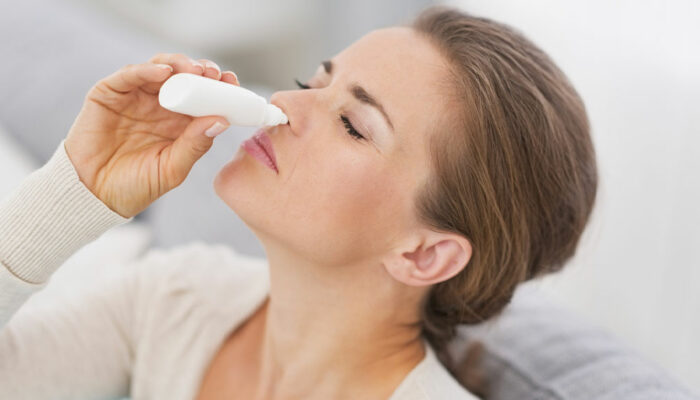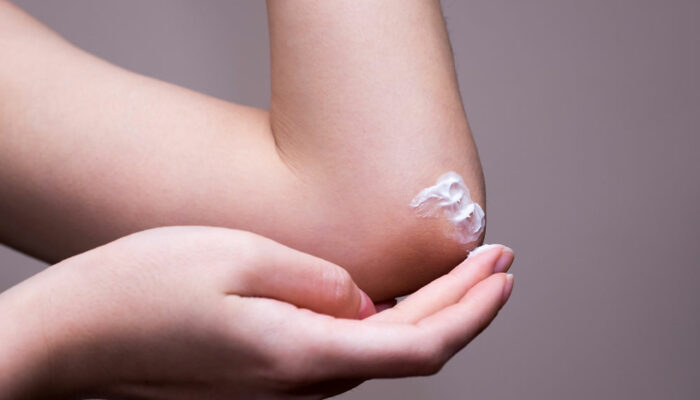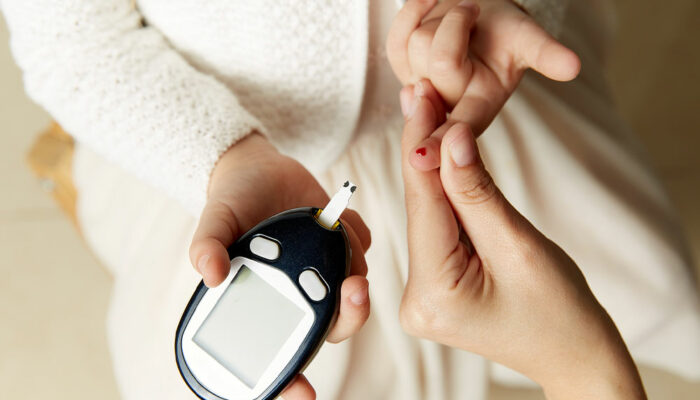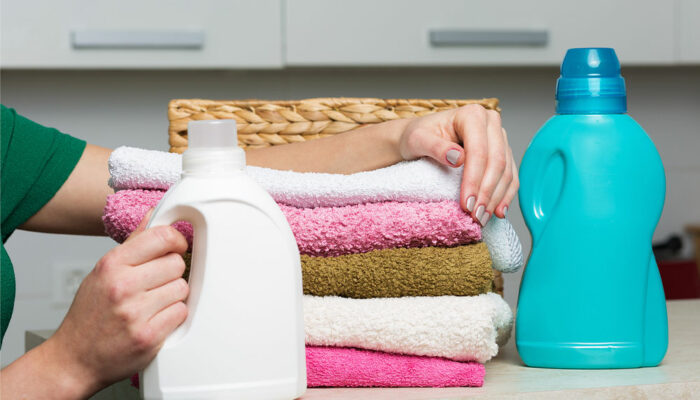Health
Dental implants – Types, benefits, and procedure
Dental implants are the most promising way to restore a smile on the faces of people who have lost one or more teeth. This procedure is widely suggested for people who lost their teeth in an accident or due to periodontal disease. Dental implants help people grind and chew food properly and also help in giving their appearance a proper definition. Read on to learn more about this procedure, its types, and its benefits. Who needs dental implants? An individual with one or more missing teeth or damaged roots would require dental implants. This procedure replaces a tooth or teeth that have been lost. They are usually made of titanium, a biocompatible metal that does not cause inflammation in the body when it enters it. It can replace one or more teeth, including the root of a molar (the back part of your upper jaw). Types of dental implants There are three types of dental implants – endosteal implants, subperiosteal implants, and zygomatic implants. Dental implants are placed into the jawbone. They can be placed either endosteal (through the bone) or subperiosteal (on the surface of your jawbone). Endosteal implants Endosteal implantation is done by creating a hole in your oral cavity, then inserting a metal post inside this opening.
Read More 














